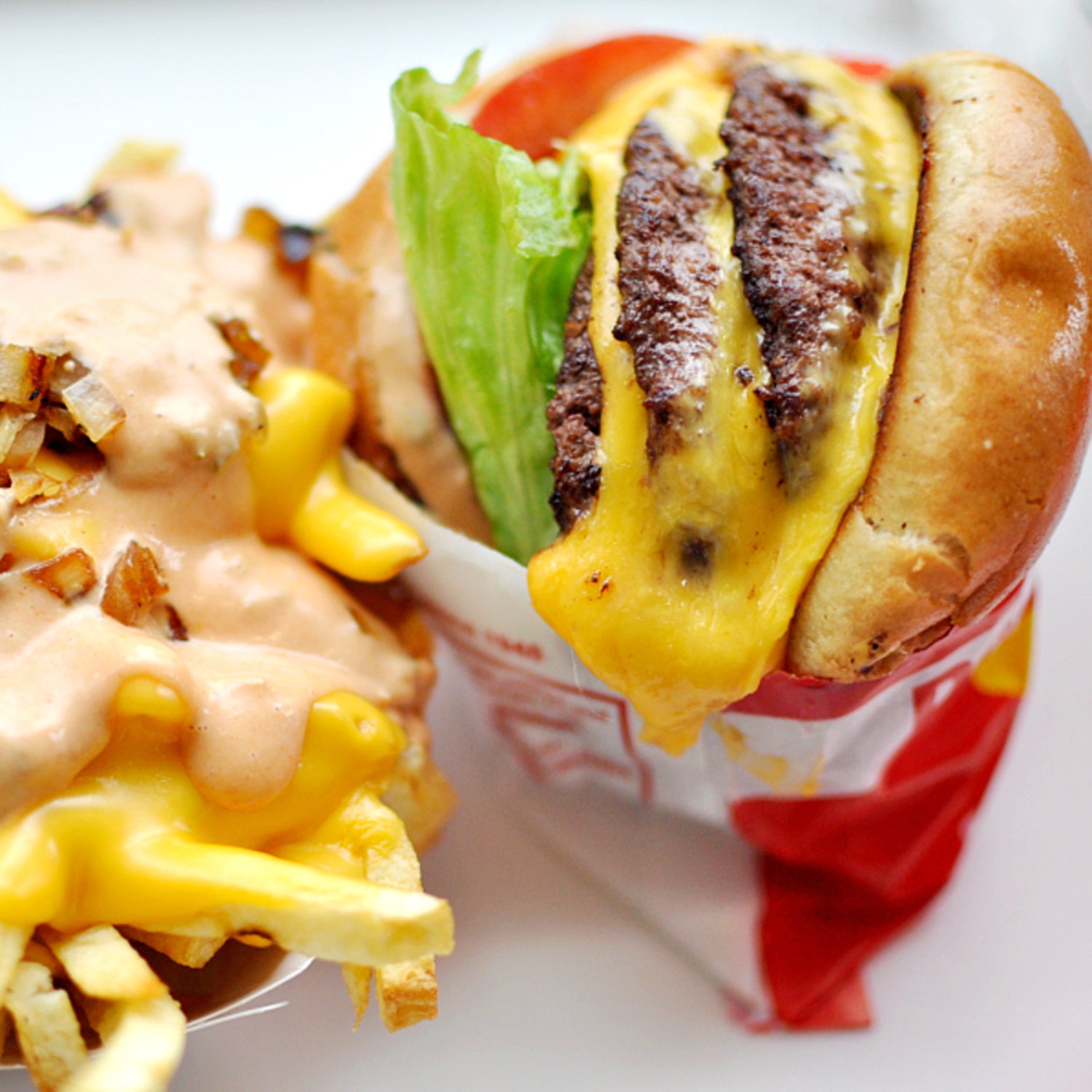A paper by Cornell researchers published Thursday in the journal Obesity Science & Practice, suggests that foods heavy in sugar, salt, and calories are not likely to be the leading causes of obesity, according to the , but rather, it’s overeating and lack of exercise.
“Simply put, just because those things can lead you to get fat doesn’t mean that’s what is making us fat,” co-author David Just told . “By targeting just these vilified foods, we are creating policies that are not just highly ineffective, but may be self-defeating as it distracts from the real underlying causes of obesity.”
Researchers analyzed the results of the 2007–08 , a CDC program that surveys the health of adults and children in the United States, looking at a sample of about 5,000 American adults. They found no link between the consumption of fast food or sugary snacks and weight gain for 95 percent of the subjects. The exceptions, they said, were either severely underweight or morbidly obese.
Multiple studies suggest that calorie-dense food can create health problems, including an increased risk of heart disease and type 2 diabetes, and the study’s authors said their findings do not mean that junk food is harmless.
“One must be careful not to misinterpret the findings of this study to mean that eating fast food, candy, and soft drinks does not affect the health of children and adults,” Samantha Heller, a senior clinical nutritionist at New York University Medical Center, told . “Anecdotally, the diets of the patients I see who are struggling with being overweight or obese are often high in fast and junk foods and sugar.”


